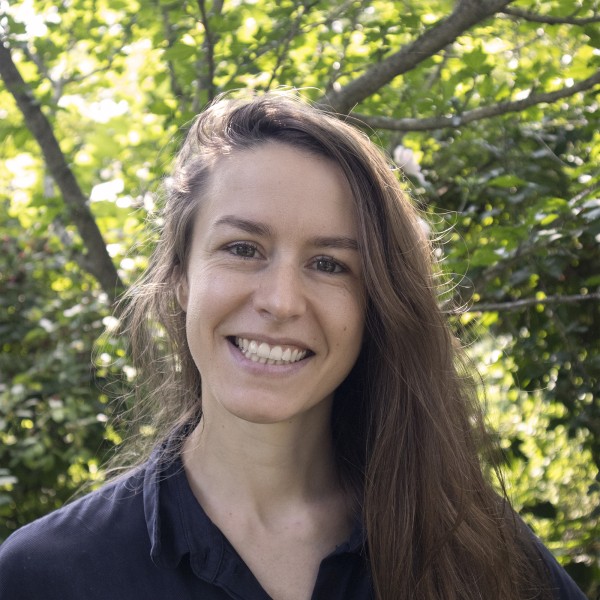Perspectives in Global Development: Spring 2024 Seminar Series
Abstract
The System of Rice Intensification (SRI) is an agroecological methodology (not considered as a technology) that was developed in Madagascar some 40 years ago by a French Jesuit, Henri de Laulanié. Its evaluation and spread in other countries over the past 25 years was supported first by the former Cornell International Institute for Food, Agriculture and Development (CIIFAD) and then by the SRI-Rice Center now based in the Department of Global Development.
SRI was initially controversial within the scientific community, but disputation has waned as more and more research has been done and published, and as SRI practices have been validated in over 60 countries around the world. Tens of millions of farmers are now deriving multiple benefits from SRI methods.
Some of these methods are quite counter-intuitive, such as getting higher yield with fewer inputs and less cost, with less water and with much less seed and lower plant density, with less or no reliance upon inorganic fertilization, and even often with less labor.
SRI crops have proven to be less vulnerable to the stresses of climate change (drought, storm damage, flooding), and there is a net reduction in greenhouse gas emissions per hectare and per kg of produce, plus more gender equity and greater nutritional quality of grain.
Farmers have begun extrapolating SRI methods to improve their production of a number of other crops, such as wheat, finger millet, maize, sugarcane, mustard, teff, and some pulses and vegetables.
The presentation will highlight some of the significant research questions that are raised by SRI experience and performance, particularly understanding how more productive and robust phenotypes can be elicited from given phenotypes.
About the speaker
Norman Uphoff, emeritus professor of Government and International Agriculture, joined the Cornell faculty in 1970 in Arts & Sciences, in the Dept. of Government and the Center for International Studies (now Einaudi Center). His appointment included forming and leading a multi-disciplinary Rural Development Committee in the Center that involved faculty and students from across the whole campus. He was director of the Committee’s large USAID-supported Rural Development Participation Project, 1978-82, and spent a sabbatical year in Sri Lanka at the Agrarian Research and Training Institute. This activity got him involved in the participatory management of irrigation systems in Sri Lanka and then Nepal. During the 1980s, he served on USAID’S Research Advisory Committee and on the South Asia Committee of the U.S. Social Science Research Council.
In 1990, Uphoff was appointed as first director of the Cornell International Institute for Food, and Development, and his faculty line was moved to CALS, where he served as CIIFAD director for the next 15 years, as well as director of the college’s International Agriculture Program. During this time, he became increasingly engaged with agroecology and with the System of Rice Intensification (SRI), which he learned about through CIIFAD’s program in Madagascar.
In 2005, after formally retiring from the faculty, he joined the core faculty of the Cornell Institute for Public Affairs (CIPA), now part of the Brooks School, and continued to teach courses on development administration until 2020, while expanding his work on SRI with colleagues in Asia, Africa and Latin America.
He has recently published a book co-edited with Janice Thies on BIOLOGICAL APPROACHES TO REGENERATIVE SOIL SYSTEMS (CRC Press, 2024). This is the 2nd edition of a book that he put together and published in 2006. He has just finished guest-editing a special issue of the journal AGRONOMY (13, 2024) which contains research and review articles on SRI.
Perspectives in Global Development
The Perspectives in Global Development seminars are held Wednesdays from 12:20-1:20 p.m. eastern time during the semester. The series is presented in a hybrid format with some speakers on campus and others appearing via Zoom. All seminars are shown in Warren Hall 175. Students, faculty and the general public are welcome to attend. The series is co-sponsored by the Department of Global Development, the Department of Natural Resources and the Environment, the Charles H. Dyson School of Applied Economics and Management, and the School of Integrative Plant Science as part of courses GDEV 4961, AEM 4961, NTRES 4961, GDEV 6960, AEM 6960, and NTRES 6960
Date & Time
February 21, 2024
12:20 pm - 1:10 pm
Location

More information about this event.
Contact Information
Mariah Doyle-Stephenson, Administrative Assistant, Global Development
- md2237 [at] cornell.edu
Speaker
Departments
Global Development Section
School of Integrative Plant Science
Natural Resources and the Environment Section
Charles H. Dyson School of Applied Economics and Management
Related Events

We openly share valuable knowledge.
Sign up for more insights, discoveries and solutions.



